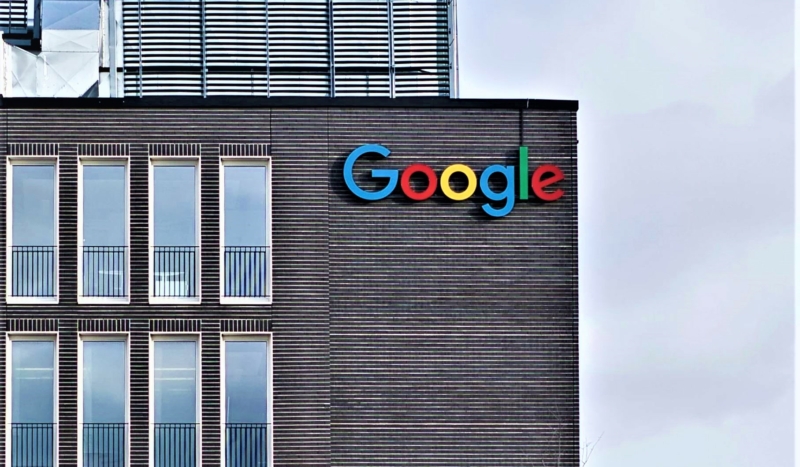
CV NEWS FEED // Ohio Attorney General Dave Yost filed a lawsuit Tuesday asking a court to classify Google as a public utility provider, which would prevent it from privileging its own materials in search results.
“Google uses its dominance of internet search to steer Ohioans to Google’s own products–that’s discriminatory and anti-competitive,” Yost stated in a press release. “When you own the railroad or the electric company or the cellphone tower, you have to treat everyone the same and give everybody access.”
The lawsuit “asserts two causes of action against Google,” according to the statement from the Attorney General’s office:
- It seeks a legal declaration that Google is a common carrier (or public utility) subject to proper government regulation.
- It says Google has a duty to offer sources or competitors rights equal to its own, meaning it should not prioritize the placement of its own products, services and websites on search results pages. Those equal rights should extend to advertisements, enhancements, knowledge boxes, integrated specialized searches, direct answers and other features.
Context: A National Reckoning for Big Tech?
Ohio’s lawsuit is the first state suit of its kind and could prove groundbreaking, setting precedent for other legal efforts to curtail Google’s power in other states.
In fact, in light of the text of the lawsuit, Big Tech companies may soon face efforts to demonopolize their hold on information and narratives online at the Federal level.
As NPR’s Bobby Allyn pointed out on Twitter Tuesday, Supreme Court Justice Clarence Thomas “just two months ago wrote that regulating tech companies as common carriers or places of accommodation would be ‘a fair argument.’”
A fuller quotation of Thomas appears in the Ohio lawsuit itself:
Justice Thomas recently stated, “[t]here is a fair argument that some digital platforms are sufficiently akin to common carriers or places of accommodation to be regulated.” …Justice Thomas went on to explain, “[t]he analogy to common carriers is even clearer for digital platforms that have dominant market share. … Google search—at 90% of the market share—is valuable relative to other search engines because more people use it, creating data that Google’s algorithm uses to refine and improve search results.”
As CatholicVote reported, a congressional antitrust hearing in April “turned up a number of disturbing anti-competitive practices on the part of Google and Apple, leading to speculation that the tech giants may soon face ‘trust-busting’ legislative actions that would considerably lessen their power.”
A number of Republicans, including Gov. Ron DeSantis, R-FL, and Sens. Josh Hawley, R-MO, Mike Lee, R-UT, and Ted Cruz, R-TX, have been consistent in calling for regulation to rein in Big Tech, including legally classifying companies like Google as public utilities.
In February, a Gallup poll found the American public had a “significantly more negative” view of Big Tech as compared with a year and a half earlier. In addition, Gallup found, “public support for increased government regulation of these businesses [had] risen.”
As CatholicVote reported at the time:
Negative views had “increased from 33% to 45%” and “the proportion with a very negative view … more than doubled,” Gallup reported. “Meanwhile, the percentage of Americans who think the government should increase its regulation of technology firms has risen from 48% to 57%.”
On regulation, the general public was more in line with Republicans’ negative perception of Big Tech. Among Republican voters, Gallup found, 65% had a negative view of Big Tech, while among Democrats, only 30% did.
That negative view of Big Tech among Democrats had only increased 1% over the previous 18 months. Among independents, the negative view had moved 11 percentage points in the Republican direction, from 33% to 44%.
“When Google Search began, the public was reassured by Google’s famous first corporate motto: ‘Don’t be evil,’” the Ohio lawsuit states. “That motto was eventually retired and replaced with ‘Do the right thing.’ This action is about making sure that Google does the right thing.”
